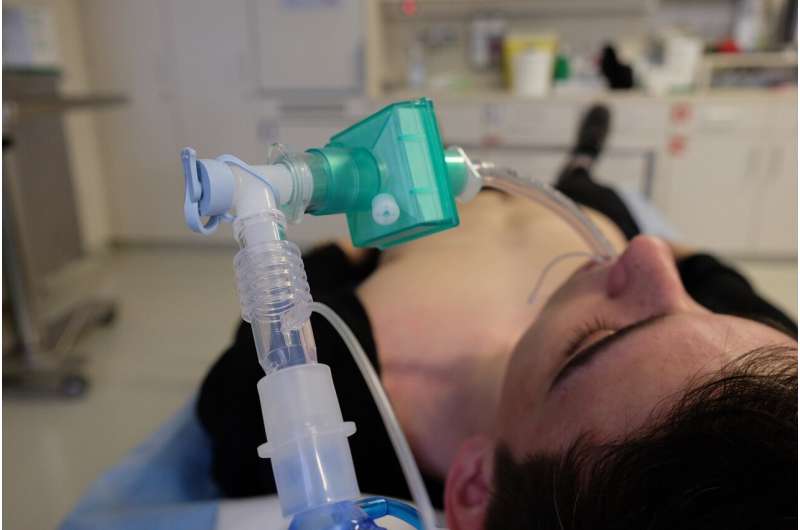Shorter Treatment Regimens Show Promise for Some Patients with Drug-Resistant Tuberculosis

New clinical research suggests that shorter, tailored treatment regimens can be effective for certain patients with drug-resistant tuberculosis, improving outcomes while reducing treatment duration and toxicity.
A recent clinical trial has highlighted the potential for shorter, less aggressive treatment protocols to effectively combat certain forms of drug-resistant tuberculosis (TB). Conducted across six countries in Asia, Africa, and South America by an international team including researchers from Harvard Medical School, the study focused on patients with pre-extensively drug-resistant TB (pre-XDR-TB), a highly resistant form of TB that remains challenging to treat.
Pre-XDR-TB is characterized by resistance to rifampin, a key first-line TB drug, and to fluoroquinolone, a critical second-line medication. This resistance complicates treatment, traditionally requiring prolonged courses with multiple drugs over 18 to 24 months. The study was the first to specifically evaluate the efficacy of a shorter regimen in this patient subgroup.
The trial compared a new approach, using four drugs—bedaquiline, delamanid, clofazimine, and linezolid—for either six or nine months, against the standard longer treatment regimens. Results demonstrated that the shorter regimen achieved an 87% success rate, while the longer regimen was effective in 89% of cases. Both groups received additional social support, such as nutritional aid and transportation, which are known to improve treatment adherence.
Although the shorter regimen did not meet the strict criteria for non-inferiority across the entire study population, it proved promising for many patients. Notably, individuals with less extensive lung damage responded better, while those with more severe disease often benefitted more from the longer approach. This underscores the necessity of tailoring treatment plans based on individual patient profiles.
The findings, published in The Lancet Respiratory Medicine, emphasize the importance of personalized treatment strategies in fighting resistant TB. Experts like Dr. Carole Mitnick from Harvard stressed the need for cautious and precise therapies, recognizing that shorter regimens may not be suitable for everyone, especially those with advanced disease.
Current guidelines, influenced by recent research, are moving toward shorter, six-month regimens. However, this study advocates for a stratified approach, considering disease severity and resistance patterns, to optimize outcomes. The overarching goal remains to maximize cure rates while minimizing toxicity and treatment abandonment, ultimately controlling the global TB burden.
Given the persistent impact of TB worldwide—causing nearly 1.5 million deaths annually—it is crucial to continue research and adapt treatment protocols to meet the challenges of drug resistance. Personalized regimens supported by emerging evidence could significantly enhance the effectiveness of TB control efforts in the future.
Source: https://medicalxpress.com/news/2025-07-shorter-therapy-effective-drug-resistant.html
Stay Updated with Mia's Feed
Get the latest health & wellness insights delivered straight to your inbox.
Related Articles
Improving Hearing Care May Help Reduce Social Isolation in Seniors
Addressing hearing loss in older adults through proper care and hearing aids can significantly help reduce social isolation and loneliness, improving overall health and well-being.
Malnutrition and Its Connection to a Unique Form of Diabetes Affecting Millions Worldwide
Malnutrition can cause a unique form of diabetes, commonly affecting underweight individuals in developing countries. Recognized as 'type 5 diabetes,' it highlights the need for improved nutritional programs worldwide to prevent and manage this condition.
Innovative Soft Robotic Device Promises Easier and Faster Intubation for Non-Experts
A groundbreaking soft robotic device has been developed to assist non-expert medical personnel in rapid and safe airway management, potentially saving countless lives in emergency situations.
The Healing Impact of Music Therapy in the Cardiac Intensive Care Unit
Recent studies show that music therapy can significantly improve physiological stability for cardiac ICU patients, reducing heart rate, blood pressure, and ventilator asynchronies, thereby enhancing overall patient well-being.



